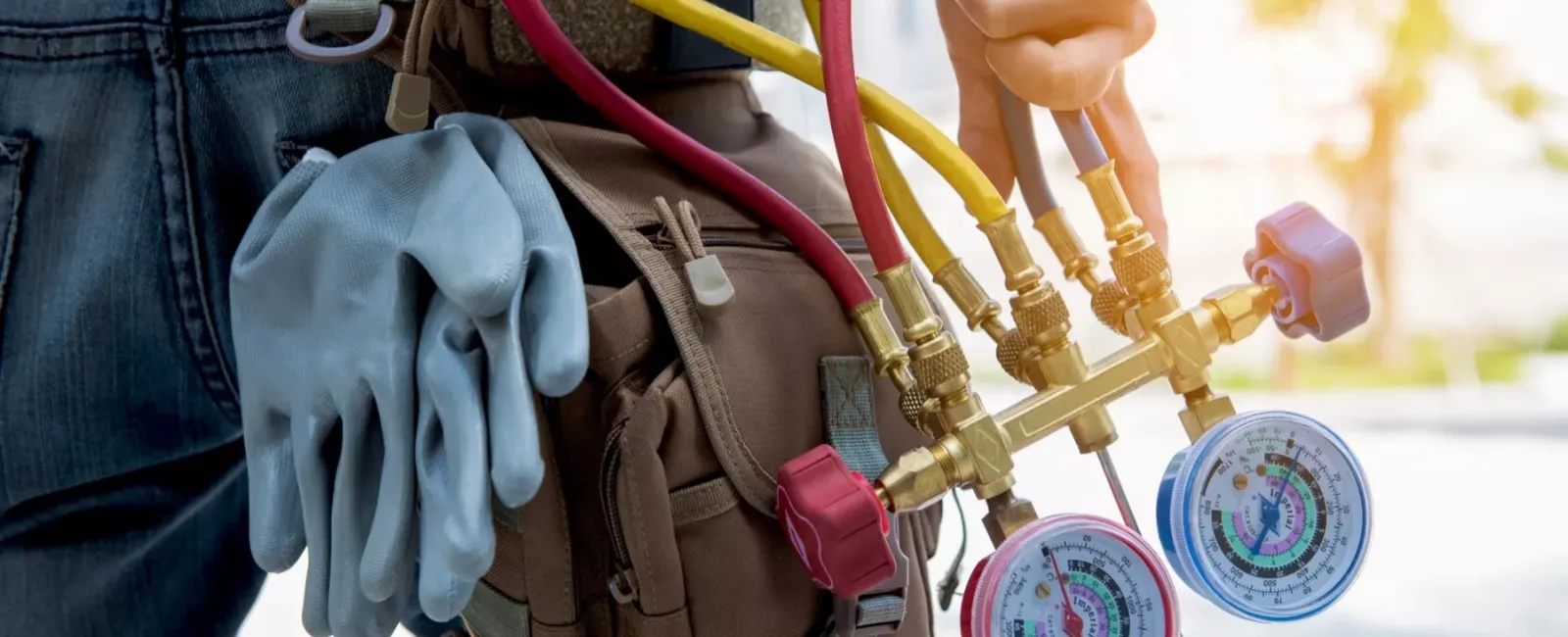Filtration and treatments are vital steps to dealing with water contamination in Pennsylvania, but that leads to a frequent question: What types of contamination does PA struggle with, anyway? Could it be dangerous to your health? Let's round up the five most common problems we've seen, and why they are dangerous for those living in the state.

1. High Levels of Lead in Water
Lead is a particularly insidious danger in water supplies: It can't be seen or tasted, and it doesn't change the qualities of the water in any notable way. Meanwhile, it's a particularly dangerous element that can hinder development, destroy blood cell production and cause permanent brain and kidney damage, especially to children who are exposed over time (such as drinking contaminated tap water).
Small studies have already shown that some PA residents have elevated lead counts in their blood. It's also been a particular challenge for the Pittsburgh area, which has plenty of old pipes where lead particles could drift into water systems. While the city has agreed - with oversite from the Pittsburgh Water and Sewer Authority - to replace its lead water pipes entirely by 2026, it remains an ongoing problem that everyone should be aware of. If your home has lead water lines, you should be aware and avoid drinking any tap water, or at least use robust filters.
Pennsylvania's lead-in-water situation creates a challenge: Removing only one section of lead piping can actually make it easier for other lead pipes in the system to spread particles, so the entire system needs to be replaced at once, which is why these kinds of repairs can take time.
2. Particularly Hard Water
Water problems in Pennsylvania also include "hard" water, which is a nebulous term that deserves a good explanation. Hard water is filled with minerals, especially minerals like magnesium and calcium, which typically come from the bedrock surrounding the water table. These minerals make water taste a bit different and make it harder for soaps to work up a lather. When hard water is heated, these minerals can also precipitate out and bond with nearby surfaces. This can create annoying and permanent clogs in pipes, water heaters and other appliances.
Along with these minerals, hard water also tends to contain a lot of iron, which can eventually cause annoying stains in sinks, toilets and tubs. It may not be as dangerous, but it's difficult to remove and a common homeowner complaint.
PA water is especially prone to these mineral issues. Moderately hard water starts around 60 to 120 parts per million (ppm), and very hard water is anything about 180ppm. Philadelphia clocks in at 149ppm, while Pittsburgh sits at 136ppm - and those are some of the lower numbers in the state. Scranton has an incredible 240ppm, Eire has 219ppm and Reading has 265ppm. It's hard to find any water harder than that!
The good news is hard water is relatively simple to deal with. A home water softener system can carefully scrub water and make sure mineral particles are bonded to an ionic filter system before the water passes into the house, removing the issue. Stahl Plumbing can help you find such a solution for your home if necessary.
3. Bacterial Contamination in Wells
Certain types of bacteria and parasites can thrive in or near water but can make humans very sick if they are ingested. One of these is Giardia, which causes Giardiasis, a nasty type of diarrhea. Another common culprit is Cryptosporidium, which causes similar symptoms.
Fortunately, diseases like this tend to only be present in dirty surface water, not groundwater or water filtered by city systems. However, as the state government notes, issues in Pennsylvania can crop up when people use unfiltered well water that may have been exposed to surface water over time. This is why it's always important to treat and filter all well water.
4. Chemical Contamination and Carcinogens
Chemical contaminants can come from a wide variety of sources but often contaminate groundwater from industrial runoff and poor disposal practices. Environmental problems in Pennsylvania have created conditions that can lead to chemical contamination, and the state has recently had to create its own regulations and testing systems to monitor chemical contamination in counties like Bucks and Montgomery. This occurred after military bases in the area were poisoned with Perfluorooctanoic Acids (PFOAs) from chemicals foams used to put out fires.
Chemical contamination can make surface water unsafe to fish or swim in and can leak down to contaminate groundwater as well. In addition to causing a variety of health problems, chemicals can also be carcinogens - materials that create cancer in the human body. Research has shown that water in the Pittsburgh area, for example, has very high levels of disinfectants and industrial chemicals that act as carcinogens - around 280 times higher than formal health guidelines suggest.
5. Nitrates and Arsenic
Nitrates and arsenic are more naturally occurring substances than industrial chemicals, but they can still pose dangers when they get into a water supply. Nitrates, which can accumulate from agricultural runoff (since they are used in many fertilizers), are infamous for "blue-baby syndrome" where infants who ingest the particles are unable to process oxygen in the blood properly and begin to slowly suffocate, causing symptoms like blue skin. Arsenic is, of course, a well-known poison.
An ion-exchange system can help remove nitrates from Pennsylvania water, and the government works to track these dangerous substances in the rural areas of the state where it can be a particular problem.

